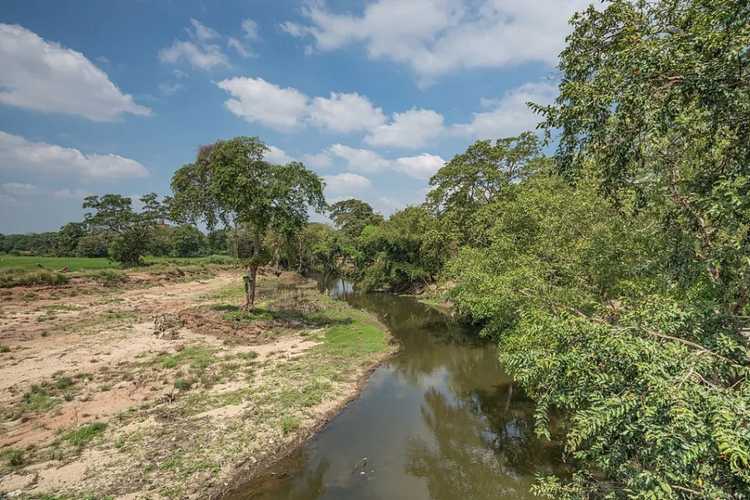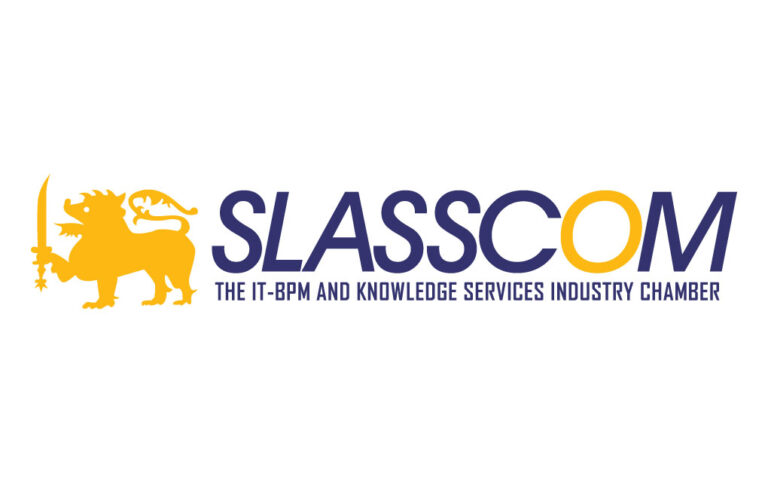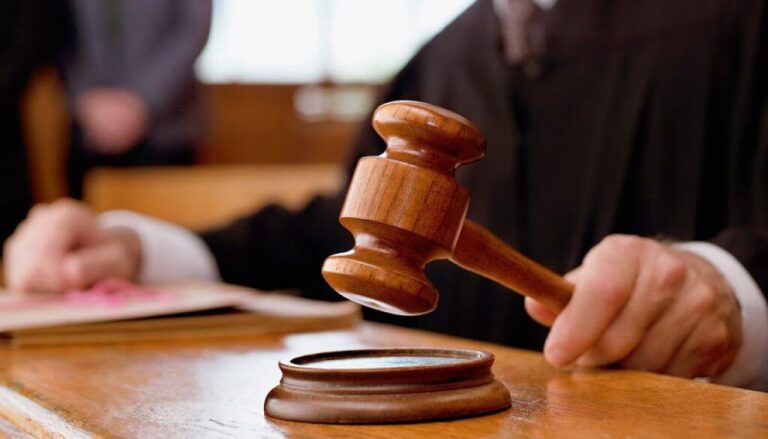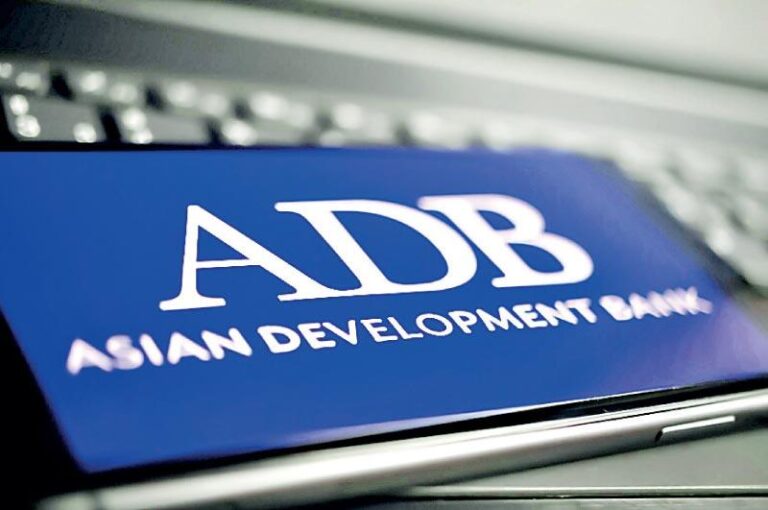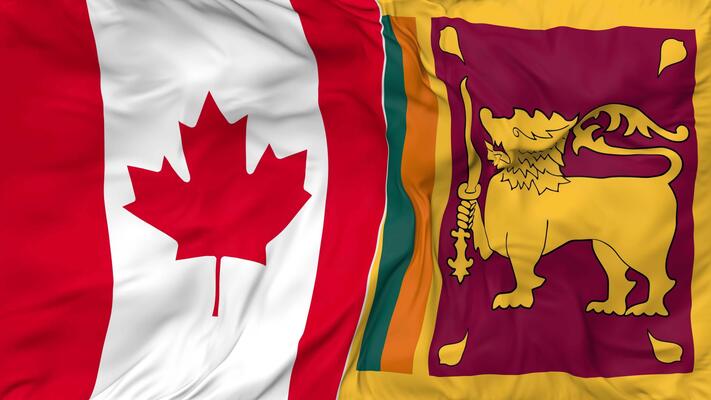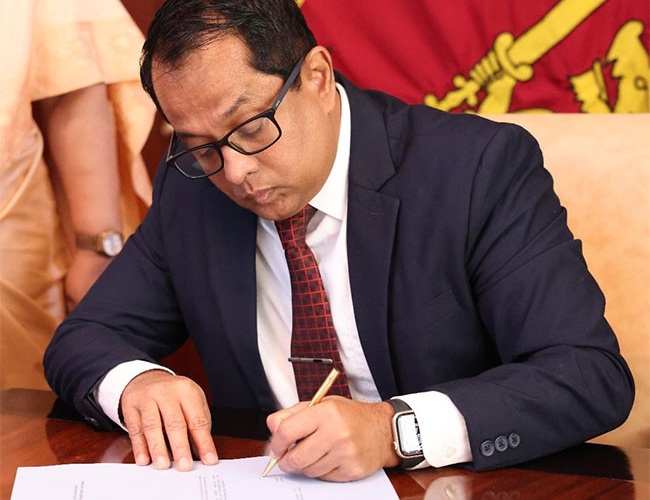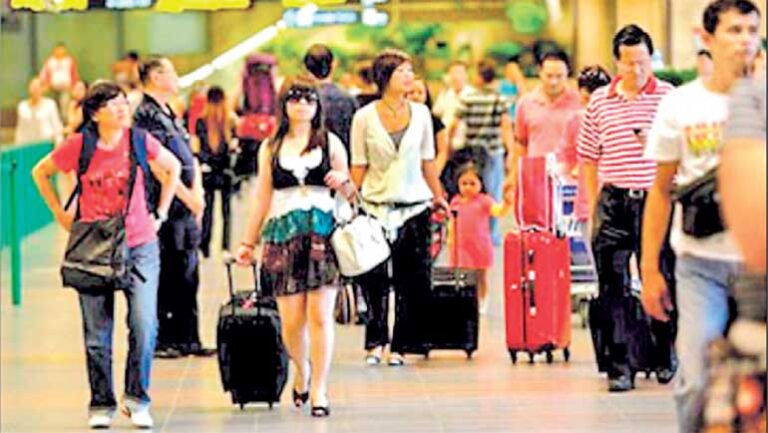By: Staff Writer
December 18, Colombo (LNW): Sri Lanka’s appeal for US$200 million in disaster financing has become a critical test of whether emergency needs can coexist with long-term reform commitments under the IMF programme. The Executive Board’s December 19 meeting to consider funding under the Rapid Financing Instrument (RFI) comes as the country struggles to reconcile post-disaster spending pressures with rigid fiscal and monetary benchmarks embedded in the Extended Fund Facility (EFF).
Unlike EFF tranches, the RFI is disbursed upfront and does not involve formal programme reviews. However, policymakers and analysts caution that this technical flexibility does not equate to strategic leniency. The IMF has consistently signalled that Sri Lanka’s broader programme performance will remain under scrutiny, particularly as fiscal assumptions underpinning the 2026 budget are being fundamentally rewritten.
Cyclone Ditwah has added unexpected pressure to public finances, pushing projected government expenditure up by at least Rs. 500 billion next year. This fiscal shock has forced the postponement of the EFF review initially scheduled for mid-December. IMF officials are now expected to engage with Sri Lankan authorities in January 2026 to reassess targets, raising concerns about whether revised benchmarks will demand further fiscal tightening.
Monetary policy developments add another layer of complexity. Following the March rate cut and a shift away from strong deflationary policy, the Central Bank has struggled to build reserves at the pace originally envisaged under the IMF programme. While external debt repayments have continued, analysts argue that reserve accumulation remains insufficient relative to programme commitments.
The approval of multiple budget-support loans in December particularly from the Asian Development Bank has temporarily eased pressure. These inflows, which bypass domestic expenditure, are expected to strengthen the balance of payments or directly offset debt service obligations. Nevertheless, reliance on the Central Bank to supply dollars for government repayments has drawn criticism for blurring the lines between fiscal and monetary responsibility.
Economists also point to structural weaknesses in the IMF’s previous programme design, noting the absence of firm requirements to reduce the Central Bank’s domestic asset holdings. This, combined with political reluctance to sustain deflationary policy, has contributed to renewed pressure on the rupee and raised concerns over selective foreign exchange access for private importers.
At its core, the IMF’s position reflects institutional caution shaped by Sri Lanka’s 2022 default, which followed aggressive rate cuts, tax reductions, and expansionary policies aimed at artificial full-employment targets. The current moment, analysts argue, will determine whether Sri Lanka treats disaster financing as a temporary bridge or as another detour away from durable reform
Emergency IMF Loan Tests Sri Lanka’s Reform Credibility
A Test of Policy Credibility: Economics Behind Malwathu Oya Revival
By: Staff Writer
December 18, Colombo (LNW): The Cabinet’s decision to revive the Lower Malwathu Oya multipurpose development project is not merely about resuming stalled construction; it is a test of Sri Lanka’s ability to deliver large-scale infrastructure amid fragile economic conditions.
Approved in July 2019 at Rs. 22.9 billion, the project’s cost has risen to Rs. 47.18 billion by December 2025, underscoring how macroeconomic instability can dramatically alter public investment outcomes. The more than 106 percent increase in rupee costs cannot be attributed to construction inflation alone. Instead, it mirrors the collapse of the domestic currency following policy missteps that destabilized the economy.
Between 2019 and 2025, Sri Lanka attempted to operate an independent monetary policy under a flexible inflation-targeting framework while preventing the currency from adjusting freely. Aggressive interest-rate cuts, extensive money creation through open market operations, and sweeping tax reductions to boost growth combined to weaken fiscal and external balances. The result was a rapid depreciation of the rupee from 176 to over 300 per dollar and eventual sovereign default.
For infrastructure projects like Lower Malwathu Oya, this depreciation translated directly into higher costs for imported machinery, construction inputs, and foreign-funded components. Delays caused by the pandemic and foreign exchange shortages compounded the problem, leaving the project suspended at a critical stage.
Yet the economic rationale for completing the project remains strong. The scheme is designed to transform water management in the Malwathu Oya basin by expanding irrigation to tens of thousands of acres, improving agricultural productivity, and enabling cultivation during dry seasons. In regions where farming remains the primary livelihood, such gains can have multiplier effects on rural employment, food prices, and regional growth.
The hydro power component, though modest at 4.28 gigawatts, contributes to energy diversification and supports Sri Lanka’s transition toward renewables. Meanwhile, the provision of two million cubic metres of drinking water carries long-term social and health benefits that are difficult to quantify but economically significant.
However, economists warn that infrastructure sustainability depends not only on physical outcomes but also on policy credibility. Without reforms that prevent future currency collapses, similar projects could face escalating costs, reduced returns, and funding constraints. The Lower Malwathu Oya project thus highlights the hidden cost of macroeconomic instability: when policy errors inflate development spending, taxpayers ultimately bear the burden.
As construction resumes, the project’s success will hinge on whether Sri Lanka can maintain financial discipline and avoid repeating the conditions that once brought it to a halt
Cost Pressures Reshape Sri Lanka’s IT-BPO Growth Model
By: Staff Writer
December 18, Colombo (LNW): Sri Lanka’s IT and BPM industry is undergoing a structural adjustment as global inflation, fiscal instability, and shifting labour economics reshape its growth trajectory. The SLASSCOM Compensation and Benefits Survey Report 2025 reveals that companies are moving away from crisis-era salary expansion toward more disciplined, performance-linked compensation frameworks, reflecting broader changes in global cost structures.
During the height of Sri Lanka’s economic crisis, technology firms were forced to raise salaries aggressively to offset inflation and prevent talent erosion. However, as macroeconomic conditions stabilize albeit at a higher cost base companies are now recalibrating pay strategies to align with revenue growth and productivity gains rather than inflation-driven benchmarks?
These changes are unfolding within an inflationary global environment that continues to influence outsourcing decisions. The US CPI-U rose by about 27 percent between mid-2019 and late 2025, driven largely by post-pandemic monetary easing and sustained fiscal deficits. Inflationary pressures have complicated corporate planning worldwide, prompting multinational firms to reassess outsourcing costs, location strategies, and return-on-investment metrics.
In the past, low-inflation environments allowed governments and corporations to plan long-term expenditure with relative certainty. Today, inflation has transformed budgets into moving targets, particularly for developing economies reliant on imported inputs and foreign currency revenues. Sri Lanka’s experience since the early 1980s illustrates how persistent currency depreciation can magnify these challenges, eroding fiscal discipline and distorting cost structures across sectors.
For the IT-BPO industry, this environment has created a paradox. While Sri Lanka remains cost-competitive relative to developed markets, the margin for error has narrowed. Clients are increasingly demanding higher value, stronger compliance standards, and measurable productivity gains rather than purely low-cost service delivery.
Export data reflects this transition. IT and BPO service exports declined to US$671.6 million in the first ten months of 2025, down 3.8 percent year-on-year, signalling near-term pressures from global demand moderation. However, 2024 recorded export earnings of US$848 million, up 6.7 percent, underscoring the sector’s longer-term growth potential.
Industry leaders argue that the current phase represents a strategic reset rather than stagnation. Investment is shifting toward advanced analytics, cybersecurity, AI-driven services, and specialised BPM functions. Companies are also placing greater emphasis on reskilling existing employees instead of expanding headcount rapidly.
As Sri Lanka seeks to position itself as a stable, high-value digital services hub, the sector’s success may increasingly depend on productivity, innovation, and policy consistency rather than wage competitiveness alone. The pay normalisation now under way may prove a necessary adjustment in building a more resilient and sustainable IT-BPO ecosystem.
Global Competition Pushes Sri Lanka Tech Sector to Rethink Rewards
By: Staff Writer
December 18, Colombo (LNW): As global competition for technology talent intensifies, Sri Lanka’s IT and BPM industry is undergoing a strategic rethink of how it attracts, retains, and motivates skilled professionals, according to SLASSCOM’s 2025 Compensation and Benefits Survey.
The high response rate 72% of companies returning from last year’s survey signals a strong level of industry trust in the findings, while also providing a reliable snapshot of how organisations are responding to post-crisis realities. Rather than continuing aggressive salary-driven strategies, companies are now pursuing more balanced and targeted approaches.
A key shift identified in the survey is the movement away from blanket salary increases. Following extraordinary pay adjustments during the economic crisis, organisations are now focusing on differentiated rewards. IT firms, in particular, are planning to reward high performers more aggressively from 2026, while BPM firms expect relatively higher overall increments as competition for operational talent grows.
This evolution reflects a broader trend toward performance-based and skill-driven reward systems. Companies are increasingly aligning compensation with scarce and high-impact capabilities, signalling a departure from traditional, role-based structures. This change is also influencing workforce planning, with reskilling becoming essential as demand for certain legacy roles declines.
The survey highlights rising demand for specialised IT roles aligned with global technology trends, while traditional design and publishing functions are losing relevance unless supported by strong digital skill sets. This underscores the urgency for continuous learning and adaptability within the workforce.
Although organisations are introducing flexible work arrangements and personalised benefits, cash compensation remains the dominant priority for employees. Still, companies are investing more heavily in holistic employee experiences, including career growth pathways, learning opportunities, and well-being initiatives, recognising that long-term retention depends on more than pay alone.
Another notable development is the relative easing of employee migration pressures. While talent mobility remains visible especially among professionals seeking overseas education—it is no longer the industry’s most immediate concern. This suggests improved local opportunities and stabilising economic conditions are beginning to influence workforce decisions.
From an international standpoint, the report highlights growing competition among Global Business Services destinations. The emergence of two new outsourcing-friendly countries in 2025 has intensified the race to attract GCC investments. For Sri Lanka, this means maintaining a careful balance between cost efficiency and high-quality talent delivery.
The expanding presence of Global Capability Centres offers a strong foundation. With more than half of survey participants operating as GCCs, the sector continues to play a vital role in foreign exchange earnings and employment generation. SLASSCOM emphasised that strategic, data-driven reward decisions will be critical in ensuring Sri Lanka remains a compelling destination in an increasingly crowded global market.
High Court Rules Against Former Magistrate in Appeal Over “Gota Go Gama” Attack
December 18, Colombo (LNW): The Colombo High Court has overturned the earlier decision by the former Chief Magistrate of Colombo, finding that the rejection of a private complaint against ex-Senior DIG Deshabandu Tennakoon was legally unsound.
The case concerns the violent incident at the “Gota Go Gama” protest site in Galle Face, Colombo, on 9 May 2022, during which Tennakoon was serving as Senior Deputy Inspector General of Police overseeing the Western Province.
Judge Manjula Tilakaratne delivered the High Court’s ruling after hearing an appeal lodged by a civil activist, who had challenged the original dismissal of the complaint. The judgement emphasises adherence to legal procedures in reviewing allegations of misconduct involving senior law enforcement officials.
ADB Announces $40 Million Emergency Trade Facility to Aid Sri Lanka Post-Cyclone Ditwah
December 18, Colombo (LNW): The Asian Development Bank (ADB) has unveiled a $40 million emergency funding facility under its Trade and Supply Chain Finance Program (TSCFP) to assist Sri Lanka in the aftermath of Cyclone Ditwah, which caused widespread flooding and damage to homes, infrastructure, and livelihoods.
The facility is designed to facilitate the import of essential goods such as food, medicines, and relief supplies, ensuring that affected communities receive immediate support while the country undertakes reconstruction efforts.
This allocation supplements the existing $200 million in TSCFP resources already available to Sri Lanka. To accelerate delivery, ADB has collaborated with long-standing risk partners, Munich Re and Swiss Re, to provide additional guarantees. Funds will be disbursed through TSCFP’s network of six local partner banks, allowing for rapid mobilisation of resources to meet urgent needs.
“Cyclone Ditwah has severely disrupted the supply of critical goods, compounding existing challenges,” said Takafumi Kadono, ADB Country Director for Sri Lanka. “By leveraging partnerships with insurers and local banks, we are helping to keep supply chains open for essential imports. This initiative is vital for both immediate relief and longer-term recovery.”
The recent cyclone brought heavy rains and extensive flooding, causing significant damage to housing, roads, and agricultural areas. The new facility is expected to strengthen the flow of emergency supplies, medical aid, and reconstruction materials to the hardest-hit regions.
ADB emphasised that this initiative builds on its previous crisis support efforts, including emergency trade finance during Sri Lanka’s economic challenges and assistance for vaccine imports during the COVID-19 pandemic. Backed by its AAA credit rating, TSCFP delivers loans and guarantees through over 200 partner banks, supporting trade diversification and sustainable growth across Asia and the Pacific.
Since its inception in 2009, the programme has facilitated more than $74 billion in trade, focusing on sectors that promote regional integration and long-term development. ADB, founded in 1966 and owned by 69 members, continues to support inclusive, resilient, and sustainable growth in the region through innovative financing and strategic partnerships.
Investigation Launched into Ondansetron After Reports of Adverse Reactions
December 18, Colombo (LNW): The National Medicines Regulatory Authority (NMRA) has initiated a formal inquiry into the quality and safety of the anti-nausea drug Ondansetron, following reports of complications among patients.
Dr Ananda Wijewickrama, NMRA Chairman, confirmed that samples are undergoing analysis at both the Medical Research Institute in Borella and the NMRA’s own laboratories. The pharmaceutical company responsible for importing the drug has also requested that additional testing be carried out at an accredited overseas facility.
In the meantime, the Ministry of Health has suspended the use of all injectable products produced by the Indian manufacturer linked to the affected batch. Dr Asela Gunawardena, Director General of Health Services, emphasised that investigations are ongoing and it has not yet been confirmed whether recent patient deaths are directly related to the injections.
The issue came to light after several patients at Kandy National Hospital experienced complications following administration of Ondansetron on December 12. Laboratory tests on patient blood samples revealed the presence of microorganisms, prompting an immediate halt to the use of the implicated batch.
Authorities have also launched a separate inquiry to examine a potential connection between the injections and the deaths of two patients at the National Institute of Infectious Diseases, both of whom had received the drug. Health officials stressed that patient safety remains the top priority as investigations continue.
Canada Pledges Over CAD $2 Million for Cyclone Ditwah Relief in Sri Lanka
December 18, Colombo (LNW): Following the devastating impact of Cyclone Ditwah, which triggered widespread flooding and landslides across Sri Lanka, Canada has announced substantial humanitarian support to assist affected communities.
On December 16, Randeep Sarai, Canada’s Secretary of State for International Development, confirmed an emergency funding package exceeding CAD $2 million to aid relief operations for thousands of families displaced or affected by the disaster.
The allocation of funds includes CAD $1.4 million to the World Food Programme to ensure immediate access to food supplies, and CAD $350,000 to World Vision Canada, enabling the provision of emergency shelters, essential relief items, and water, sanitation, and hygiene support.
A further CAD $215,000 will bolster the Sri Lanka Red Cross’s relief operations via the Emergency Disaster Assistance Fund, while nearly CAD $70,000 will be distributed through the Canada Fund for Local Initiatives to address urgent needs at the community level.
Canada also confirmed the activation of pooled humanitarian funds, including the UN Central Emergency Response Fund, the Red Cross Disaster Response Emergency Fund, and the WFP Immediate Response Account, to reinforce Sri Lanka’s overall disaster response.
Highlighting its ongoing partnership with Sri Lanka, Canada reiterated that in the 2024–2025 fiscal year it provided CAD $8.1 million in bilateral development assistance, underlining its long-term commitment to supporting recovery and resilience initiatives in the country.
Speaker Certifies Three Key Legislative Amendments in Parliament
December 18, Colombo (LNW): Parliamentary Speaker Dr Jagath Wickramaratne announced today that he formally endorsed the certificates for three Bills yesterday, signalling the final stage before they come into effect.
The legislation includes amendments to the Social Security Contribution Levy, the Betting and Gaming Levy, and the Strategic Development Projects framework.
The Social Security Contribution Levy (Amendment) Bill, originally presented to Parliament on October 09, 2025 and passed on December 05, seeks to revise provisions in the Social Security Contribution Levy Act, No. 25 of 2022, strengthening the framework for social security contributions.
Meanwhile, the Betting and Gaming Levy (Amendment) Bill, also passed on December 05, introduces changes to Section 2 of the principal law. Notably, the amendments adjust the levy on gross collections from bookmakers and gambling businesses to 18 per cent from October 01, 2025, limit a previously applied 10 per cent gross collection levy to the period between April 2023 and October 2025, and increase the entrance levy for Sri Lankan casino visitors to USD 100.
The Strategic Development Projects (Amendment) Bill, which entered Parliament on November 14, 2025 and was approved on December 05, introduces significant reforms to the Strategic Development Projects Act, No. 14 of 2008. Among the changes are a reduction of the maximum tax holiday from 25 years to 10 years, a new process for project approval requiring ex-ante cost-benefit analysis by the Ministry of Finance, strengthened ex-post monitoring by the Board of Investment with powers to impose penalties or revoke concessions, mandatory tax return submissions, and an annual report on tax expenditures related to these projects.
Following the Speaker’s certification, the Bills will officially become the Social Security Contribution Levy (Amendment) Act, No. 24 of 2025; the Betting and Gaming Levy (Amendment) Act, No. 25 of 2025; and the Strategic Development Projects (Amendment) Act, No. 26 of 2025.
December Tourist Arrivals Push Sri Lanka Close to 2.2 Million Visitors for the Year
December 18, Colombo (LNW): Sri Lanka has seen a strong influx of overseas visitors in early December, with more than 93,000 tourists entering the country during the first half of the month, according to figures released by the Sri Lanka Tourism Development Authority.
The Authority said that 93,031 travellers arrived between December 01 and 14, 2025, reflecting sustained momentum in the tourism sector as the year draws to a close. India remained the leading source market during this period, accounting for over 21,000 arrivals.
Tourist flows were also bolstered by steady numbers from several key long-haul and regional markets, including Russia, the United Kingdom, Germany and China, highlighting the country’s broadening international appeal.
With these latest arrivals added to earlier figures, total visitor numbers from the beginning of January to mid-December 2025 have reached approximately 2.2 million, reinforcing tourism’s continued recovery and its growing contribution to the national economy.


